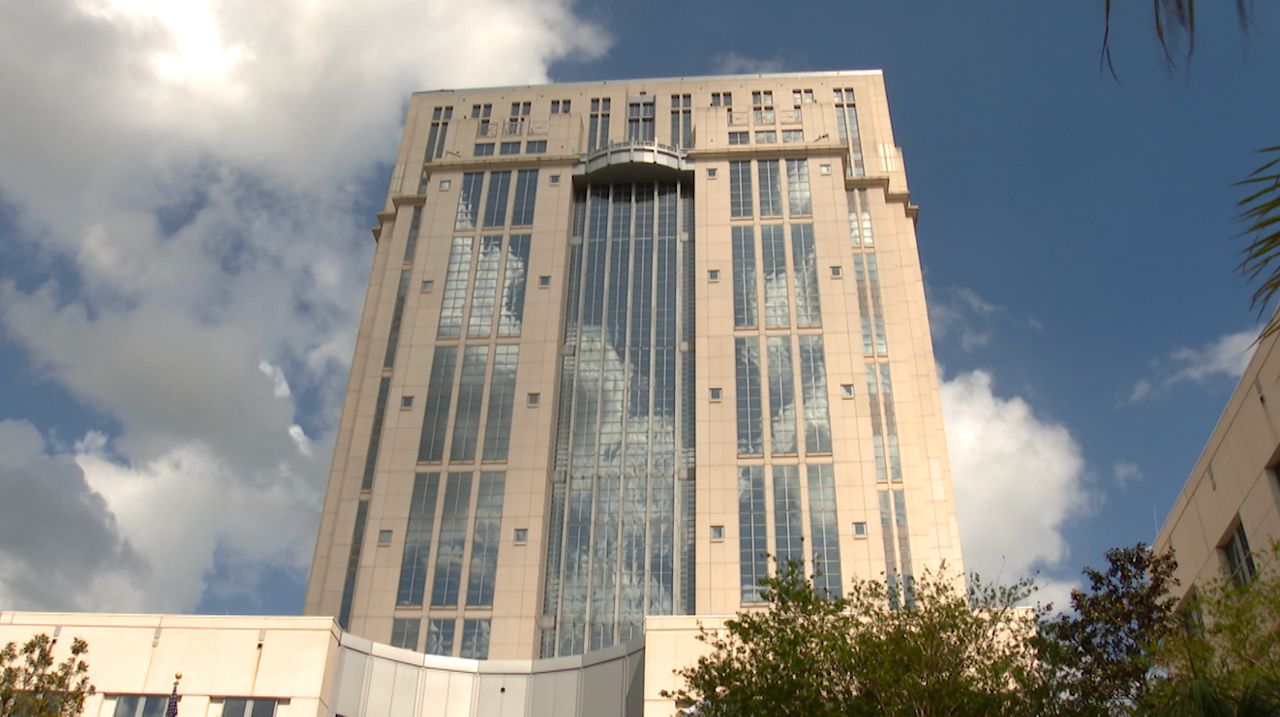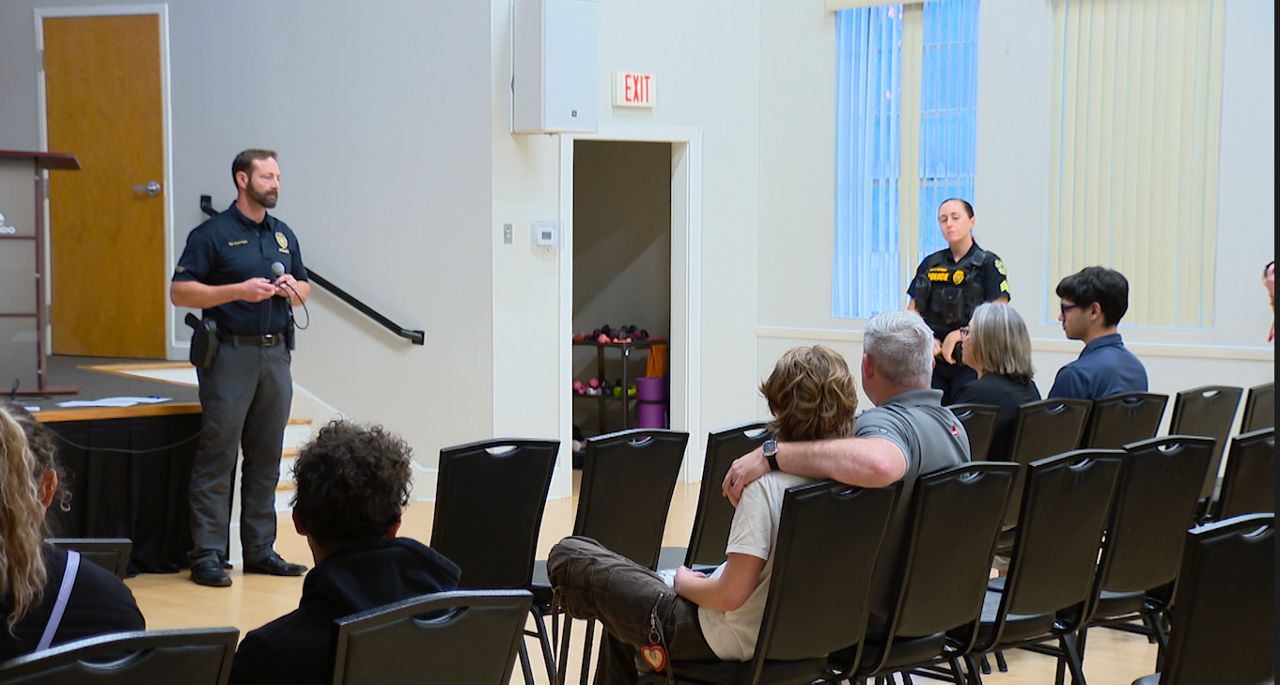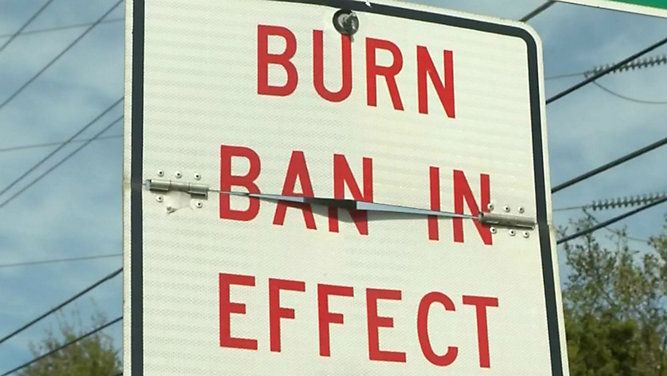ORLANDO, Fla. — The city of Orlando is delaying an official vote as the city council seeks to discuss the next steps regarding safety downtown.
Council members voted Monday to continue talking about a pair of ordinances, but they pushed the deadline for a decision several more weeks.
What You Need To Know
- Orlando may soon have new rules on clubs and bars
- The city council is considering several options
- The official vote on a second reading has been postponed until March
On the table were proposals that would establish a temporaty pause on new nightclubs and another that updates the ordinance on alcohol sales, requiring a new annual permit to sell alcohol past midnight.
“To eliminate the aspect of ‘We haven’t had this long enough’ or ‘We need more time to have discussions,’ the second reading of the two oridnances I will not put on the agenda till the first week of March,” Orlando Mayor Buddy Dyer said. “That will give us six weeks to have conversations. That skips two council meeting, so we can advertise it to them.”
The six-month moratorium ordinance would prohibit new nightclubs from opening in the city’s Community Redevleopment Area. Chief Assistant City Attorney Alexander Karden said the move wouldn’t impact existing nightclubs.
When Commissioner Bakari Burns asked how staff would use that six months, if approved, Karden said it would allow them the opportunity to document the nightlife compared to similarly sized cities. They would then come back to council with further recommendations.
Changes to the alcohol ordinance drew the most discussion Monday afternoon, as well as the most concern. As Karden explained to the council, those who want to sell alcohol past midnight would need to get a $250 annual permit. He said this is being done in part to address the outsized allocation of police resources to the area, which the city describes as “unsustainable.”
Under the proposed ordinance, establishments would need to hire extra-duty law enforcement based on their maximum occupancy, which would be broken up into four tiers:
- Level 1: 151-400 = 1-2 officers
- Level 2: 401-650 = 2-4 officers
- Level 3: 651-1,150 = 3-6 officers
- Level 4: 1,151+ = 4-8 officers
Establishements would also have to have additional protective technology, like a wepaons detection system, used between 10 p.m. and 2 a.m., that can detect firearms and knives four inches in length or greater; identification scanners, which need to be used between 10 p.m. and 2 a.m.; and have an accurate, real-time occupancy monitoring system, with counts being kept between 10 p.m. and 2 a.m.
Some who spoke in support of the propsals said these are needed to ensure that more people feel safe coming downtown for events and general nightlife.
“We believe the need is strong to have just a better and better experience downtown as we’re trying to draw more workers back downtown," said Tim Giuliani, President and CEO of the Orlando Economic Partnership. "If we don’t do that, we obviously face the risk of decreasing property values and tax receipts.”
Many who came to Monday’s meeting though expressed several concerns, like not having enough discussion and input on some of these proposals. Some said that there was an unfair placement of blame for some of the violence downtown on the bars themselves.
But with the addition of up to 30 extra-duty police officers since summer costing the city about $40,000 per weekend, the city believes some of that cost needs to shift off the majority of taxpayers.
Those who attended, like Scott Kotroba, Owner, McQueen’s Social Lounge, said they believe the next six weeks will lead to a more productive outcome.
“When we sit in those meetings, sometimes it goes head to head, but at the end of the day, we’re really aligned with our destination, it’s just how do you get there," said Kotroba. "And I think the six weeks, hopefully, knock on wood, is going to help us kind of align ourselves, rather than going against ourselves to go next to each other, hold hands and walk to a proper destination”
The city commission will come back for a second reading during the first week of March. In the meantime a stakeholders meeting is set for this Thursday.
“They have made a commitment to us to meet with us on a regular basis over the next six weeks to really vet out this process," said Kotroba. "Vet out the calculations, vet out the dollars and really come to a, knock on wood, mutual agreement on where we need to end up. And I think from that standpoint, it’s a win for everybody.”
City officials will also be available at Discover Downtown on Jan. 25 and 26 from 1 p.m. to 5 p.m. to answer questions.









